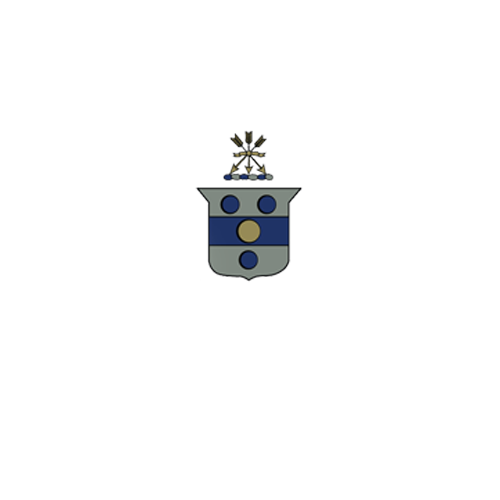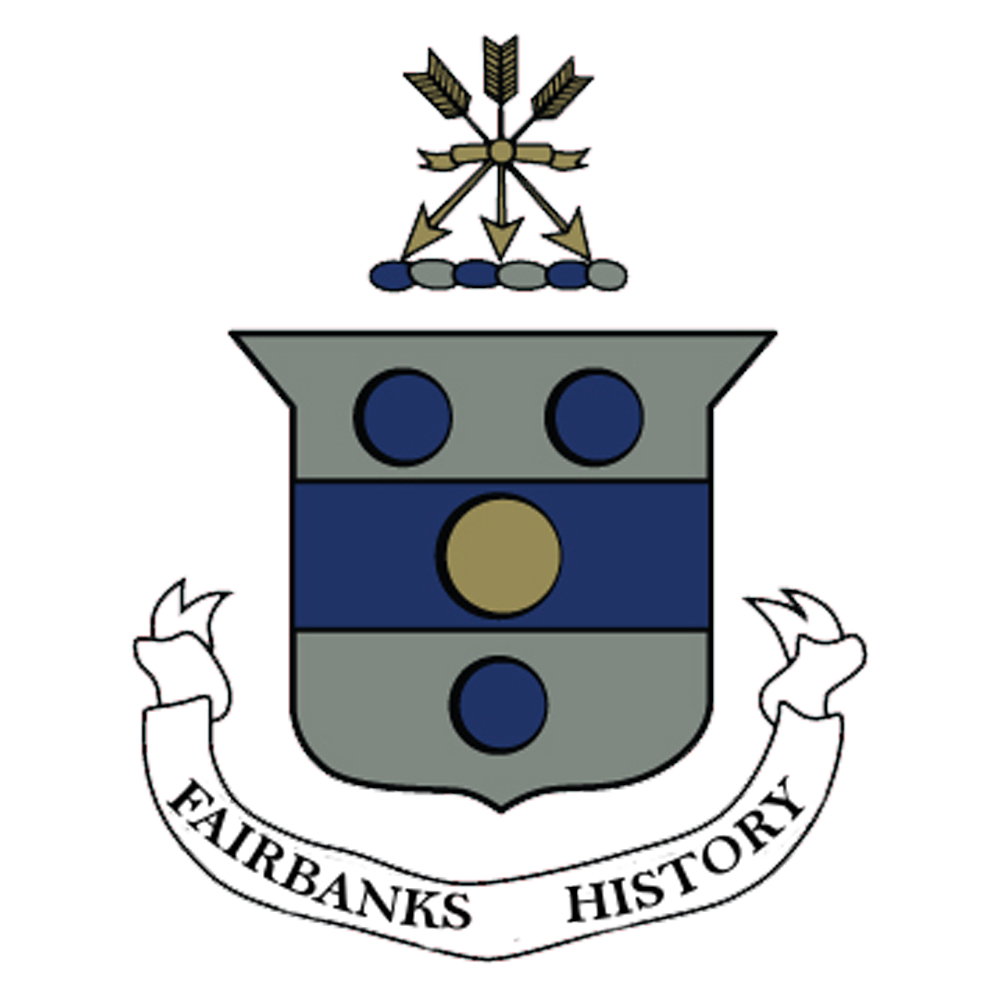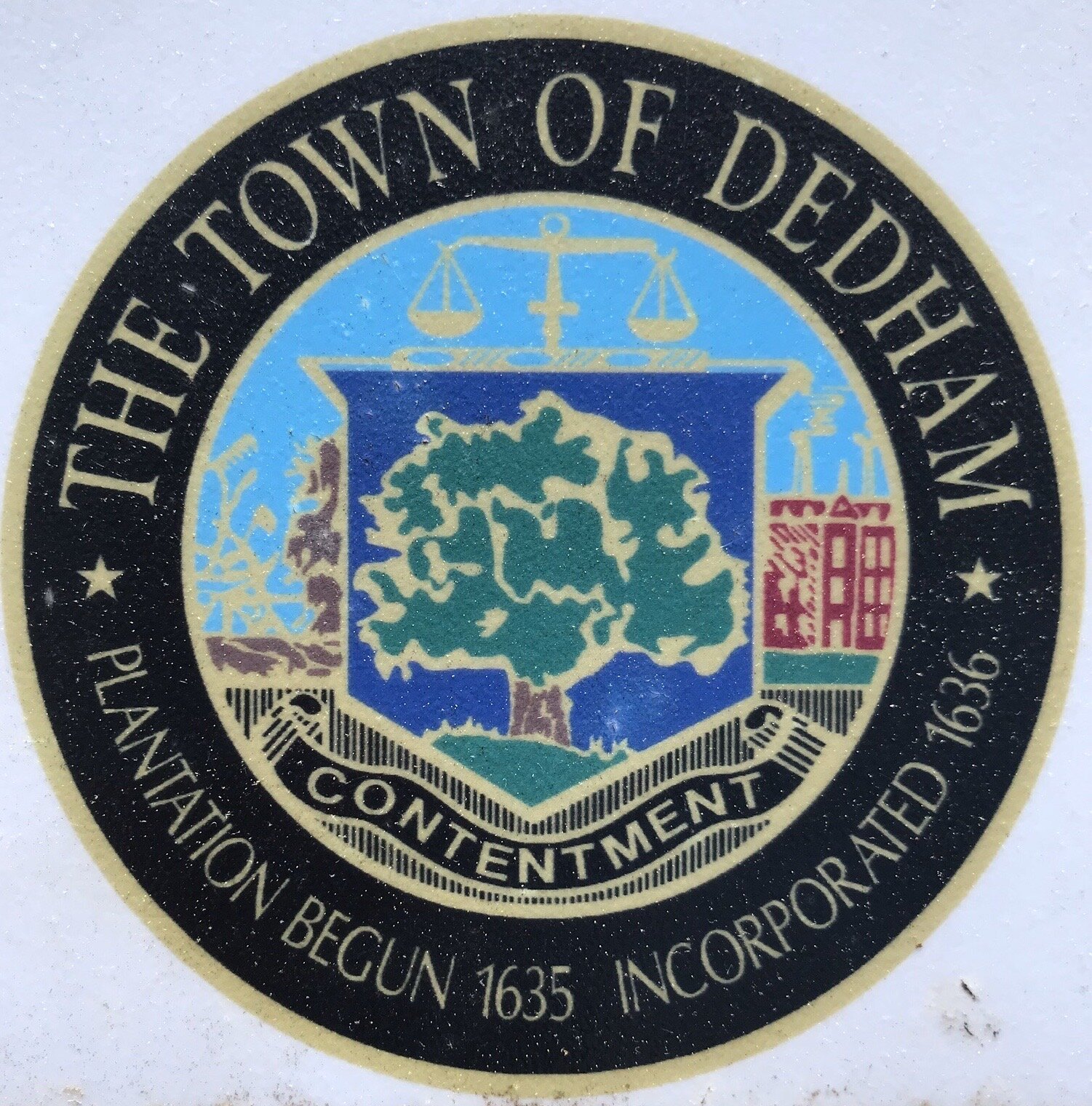It Takes a Village: Jonathan Fairbanks’s Role in Development of Early Dedham, Massachusetts Part II
In Part I of this blog, the standard offices and committees of the early colonial towns were presented. It was noted that Jonathan Fairbanks, from the first day of his acceptance as a town member, was given a responsibility for Dedham. https://www.fairbankshistory.com/colonial-history/it-takes-a-village-fairbanks-role-in-development-of-early-dedham-massachusetts-part-i
Part II, will expand on the specific committees and duties that Jonathan Fairbanks was given as a member of the town.
The Covenant of Dedham, Massachusetts
Dedham was founded on a covenant that stated it would be a town of “like-minded” men. Everyone that applied to live in the town and were accepted were required to sign their names to the covenant. Below is the Dedham Covenant as found in the Dedham town records.
The Town Covenant
In the Words of 1636
“1 We whose names ar here vnto subscribed, doe. in the fearer and Reu- erence of our Allmightie God, Mutually : and seuerally pmise amongst our selues and each to other to pffesse and practice one trueth according to that most pfect rule, the foundation where of is Euerlasting Loue
2 That we shall by all meanes Laboure to keepe of from vs all such, as ar contrarye minded. And receaue onely such vnto vs as be such as maybe pbably of one harte, with vs as that we either knowe or may well and truely be informed to walke in a peaceable conuersation with all meekenes of spirit for the edification of each other in the knowledg and faith of the Lord Jesus : And the mutuall encouragm* vnto all Temporall comforts in all things : seekeing the good of each other out of all which may be deriued true Peace”
All proprietors of the town voted on each new member. Some of the descriptions of those who would not be allowed in the town were as follows: idlers, unprofitable planters or fowlers, coasters, or tobacco takers.
There are three other clauses to the covenant. They can be found on pages 2 and 3 of The Early Records of the of Dedham, Massachusetts: 1636-1659 by Don Gleason Hill. https://archive.org/details/earlyrecordsofto03hill/page/2/mode/2up
Jonathan Fairbanks was not an idler, as seen by the duties he fulfilled for the town and his records of paying country, town, and school rates (taxes). By applying his signature to the covenant, he also confirmed that all his heirs and servants would uphold the covenant, thus taking responsibility for their actions in the town.
Signature found on page 225 of
The Town Records of Dedham,
Massachusetts
The Fairbanks Family’s Role in the Town of Dedham
Jonathan Fairbanks
Jonathan Fairbanks was not a freeman when he was accepted into Dedham, Massachusetts. A freeman was one who had joined the Puritan Church in the Colony and had taken the Freeman’s Oath. The status of Freeman allowed the man to hold offices and vote in colonial matters.
As far as this researcher has found, Jonathan Fairbanks didn’t join a church when he arrived in the Massachusetts Bay Colony. He didn’t join the Dedham Church until 1646.
https://www.fairbankshistory.com/colonial-history/the-fairbanks-family-and-membership-in-the-first-church-at-dedham-massachusetts-1638
Jonathan never held a town or colony office, before or after he was eligible to become a freeman in 1646. However, he continually held positions on committees and preformed duties for the town that were important for the successful growth and peaceful functioning of Dedham. He continued to serve until shortly before his death.
Spinning wheels in the Hall Chamber
at The Fairbanks House
www.fairbankshouse.org
It appears that Jonathan Fairbanks was an educated man, with specialized skills and knowledge of woods for his craft. From his inventory after death, it is believed that Jonathan constructed and repaired spinning wheels, as well as farmed, to support his family. He also had two sets of glasses and fifteen books in his inventory. This was a large number of books for the average man at that time. His sons were said to have received a good education in England.
Fairbanks distinguished himself as honorable and trustworthy based the responsibilities he was given. These positions included: laying out lands for proprietors and new settlers, surveying for roads and bridges, and directing the construction of roads and keeping the records of the contribution of each man. He also acted as a wood reeve several years.
Jonathan Fairbanks Duties for the Town of Dedham, Massachusetts
Swine Enclosure
On March 23, 1636/37, the day he was accepted into town , Jonathan Fairbanks was giving the responsibility, with two others, to procure lumber for a swine enclosure for the town (Dedham Town Records (DTR) page 28).
https://www.fairbankshistory.com/colonial-history/it-takes-a-village-fairbanks-role-in-development-of-early-dedham-massachusetts-part-i
Bridge and Causeway over Little River (Dwite’s Brook)
Note: this is an 1883 map which has many features not seen in 1638.
Dedham Historical Society and Museum, Dedham, Massachusetts
Jonathan Fairbanks was the first settler to receive land in the second allotment. Many of the settlers in the second allotment were given land east of Little River or Dwite’s Brook (named after John Dwite, who lived at the location the stream met the Charles River). This stream cut those proprietors off from the main part of town.
July 18th, 1637, four months after Fairbanks arrived, he was assigned to a committee to view and estimate the making of a causeway and bridge over the Little River. The committee was asked to do this with haste. Mr. Timothy Dalton, Samuel Mores, and Mr. Abraham Shaw were also on this committee (DTR, page 35).
Although Abraham Shaw’s land was not on the east side of the Little River, he was building a mill for the town that would require passage for residents on that side. He, like Fairbanks, was from the Halifax Parish, West Yorkshire, England.
There was a meeting in August, but no others recorded until November 28, 1637. At that meeting, a 400 plank bridge was to be sawn and laid by Mr. Timothy Dalton. He was to finish the bridge within one month and be paid for his work. John Dwite was appointed to shovel snow from the bridge during the winter. The bridge was probably at his lot (DTR, page 36).
Surveying Meadow and Plow Land
Chains to measure land in rods (16.5 ft per rod)
An important job of trust and respect was laying out grant lands for the proprietors. Chains were used to measure the land in rods. The surveyor used young men to carry the chains while they measured the lands.
A year after Fairbanks came to Dedham, his house was finished, at least to the point they could live in it, by November of 1637 as required by the town. May 1638, Jonathan was selected for a committee to measure meadows and plow land to be divided by the proprietors. Again Mr. Timothy Dalton, Samuel Morse and Abraham Shaw were on this committee with him, as were Thomas Wight and John Hayward (DTR, page 44).
The Causeway Over the Little River
The land of Dedham was swampy, especially around the Charles River. The bridge that Jonathan helped plan over the Little River was built in December of 1637. The causeway was not completed. On September 21, 1638, John Dwite and Jonathan Fairbanks were given the responsibility for the townsmen’s work on the causeway or elevated road over the wet ground to the Little River Bridge. They were also to evaluate the daily work of each man and keep accounts of the same ( DTR, Page 49).
Cart way to Watermill
As you remember, Mother Brook or the Ditch was dug to provide adequate power to run a watermill. The first mill was erected and the first water ran through the ditch, July 14, 1641. Also in July, the town assigned Jonathan Fairbanks, John Dwight, and Francis Chickering to ‘search out a point, determine, and lay out a cart way to our watermill’ at the most convenient place for the town. They were also responsible for foot paths to the mill. (DTR, Page 49)
https://www.fairbankshistory.com/colonial-history/the-fairbanks-role-in-creating-the-ditch-or-mother-brook-at-dedham-massachusetts
Jonathan Fairbanks’s Meeting Attendance
It was mandatory for all proprietors to attend meetings and be present at the time the meeting began. If they were not, and didn’t have a sanctioned excuse, they were fined. Jonathan appeared on the meeting rolls at all meetings after he became a proprietor, except three.
At first, town meetings were held almost monthly. Later, there were so many proprietors, with their own opinions and conversation, that it became difficult to accomplish the needs of the town at meetings. By 1639, the town voted to choose seven selectmen to order the town business. After that all proprietors were only expected to attend the town’s annual meetings.
January 1, 1643, Jonathan Fairbanks did not attend an annual meeting. There was no mention of fine or reason for his absence. Further absences will be address later.
Jonathan Fairbanks joins the Dedham church
On June 14, 1646, Jonathan joined the Church of Dedham https://www.fairbankshistory.com/colonial-history/fairbanks-family-going-to-church-in-17th-century-new-england At this point, he would have been eligible to take the Freeman’s Oath which would allow him to hold offices and vote in Colony matters. There is no indication that Jonathan took the Freeman’s oath. He did continue to serve the town on committees and fulfilling responsibilities.
Fairbanks as Surveyor of Roads
In the year 1648, Jonathan Fairbanks, Samuel Morse, and John Eaton were chosen surveyors of roads and highways for the year. By December there were so many inhabitants of the town behind in their work, that is was decided to institute a more structured requirement for mandatory road work. The surveyors would arrange for those delinquent to catch up on their work. The three surveyors were to appoint six days for highway work during 1648. Each inhabitant was required to perform four days of work. The last day available for work on the highways was September 20th. If a person was still negligent at that time, a fine had to be paid as directed by the surveyors (DTR, page 117).
The fines for not fulfilling road work responsibilities were paid to the constable of the town. They were as follows:
Eight hours equaled one day of work.
For every day of negligence
1 man - 2 shillings
2 bullocks, one cart and one man - 4 shillings
4 bullocks, one cart and one man - 6 shillings
(DTR, Page 122)
Colony Illness Strikes Jonathan Fairbanks
Jonathan Fairbanks was about 56 years old in 1650. Edward Johnson, a respected magistrate for the colony, wrote in his book, Wonder-working Providence : 1628 -1651 , (page 254) that in 1650 there was an illness in the colony that took the lives of many children, an average of one per household. The next year the disease hit the adults.
https://archive.org/details/cu31924028814452
It is quite possible that Jonathan was stricken by this illness in 1651. He, Samuel Morse, Richard Edward, Nathaniel Aldus, Lambert Genery, John Eaton, Henry Chickering, James Jordan, Ed Hawes, Christopher Smith, and Henry Brock were all pardoned from paying Country Rates (taxes) that year. The taxes were sometimes deferred due to illness or injury that made work for the tax payer impossible (DTR, page 182).
In 1652, Jonathan Fairbanks was cited for being behind in his highway work.
There was a great sickness and mortality throughout New England in 1658. diphtheria, typhus, and smallpox are all recorded in New-England about that time.
Fairbanks did not pay Country Rates again in 1659. Perhaps he was ill again. The same year, his daughter, Susan, died. She was about 32 years old. Her last living child was born in 1656, so she could have died of childbirth. Colonial women had children about every two years. If she died of childbirth, a common cause of death for women, the baby died also.
Fairbanks’s Duties as Wood Reeve
Jonathan and others were chosen as wood reeves for 1648 and 1650. Besides overseeing the forests, the wood reeves were responsible for designating the building of fences around common fields and pastures, making sure all fences in town were kept in good condition, and assuring that every house had a ladder tall enough to reach the roof in case of a fire. By 1652, it was announced in the town records that the oaks and firewood were depleted. Fairbanks again was chosen wood reeve with others for the years 1654 and 1656. In 1658 Jonathan and Nathaniel Whiting were asked to view fences in their remote area, the Low Plain.
Jonathan Fairbanks’s Will, Death, and Inventory
Jonathan was ill again in 1668. He was 74 years old and wrote his will on June 1668. Daniel Fisher and William Avery of Dedham attested to his will. Jonathan died on December 5, 1668. On January 26, 1668, an inventory of his belongings was made. Suffolk Probate, 6:15.
The will was found on the internet at: https://archive.org/details/genealogyfairba00fairgoog
page 32.
The Dedham Town Records can be found at : https://archive.org/details/earlyrecordsofto03hill/page/n5/mode/2up
The sons and servants of Jonathan Fairbanks were also active in the town affairs. We will address the sons participation in a later blog
Next Up
Indentured Servants, Apprentices, and Others Who Played an Important Role in the Fairbanks Family History













